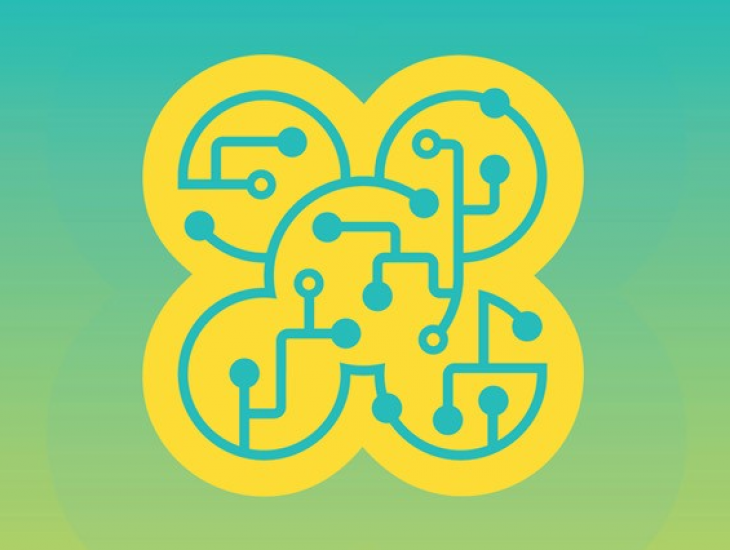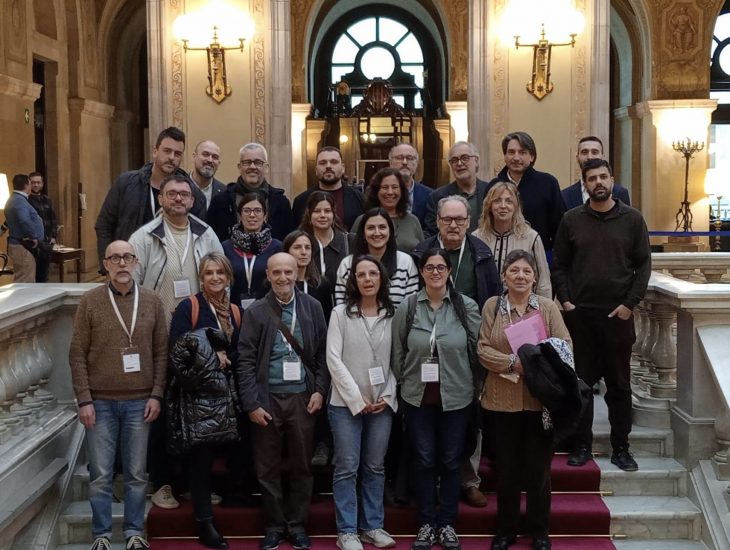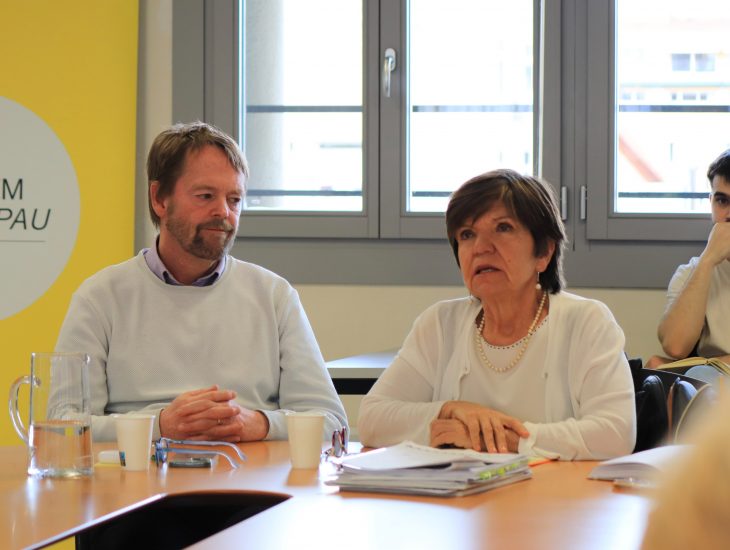On Friday, January 31, the Parliament of Catalonia’s auditorium hosted the III Peace Conference, an initiative led by the chamber’s board and co-organized by the Consell Català de Foment de la Pau (Catalan Council for the Promotion of Peace), Lafede.cat, and ICIP.
Under the theme African Perspectives on Peace: Policies and Practices, the conference gathered over 200 participants, including representatives from peace organizations, institutions, and the African diaspora.
The event sought to highlight African-led peacebuilding efforts against the backdrop of Africa’s complex history—marked by armed conflicts and enduring colonial legacies—and contribute to the development of the Pla País de Pau (Peace Country Plan), a policy initiative set to shape Catalonia’s public peace strategy.
Centering African Voices in Public Policy
With the Pla País de Pau in focus, the conference underscored the urgency of engaging African voices—both on the continent and within the diaspora—in shaping Catalonia’s approach to peace and conflict resolution.
During the opening session, activist and ICIP Governing Board member Remei Sipi stressed the importance of inclusive peace processes, stating that “peace cannot be sustainable unless it includes all voices, especially the silenced ones.” Similarly, Arés Perceval, co-president of Lafede.cat, advocated for the active participation of the diaspora in public policy and emphasized the need for explicitly anti-racist peace policies.
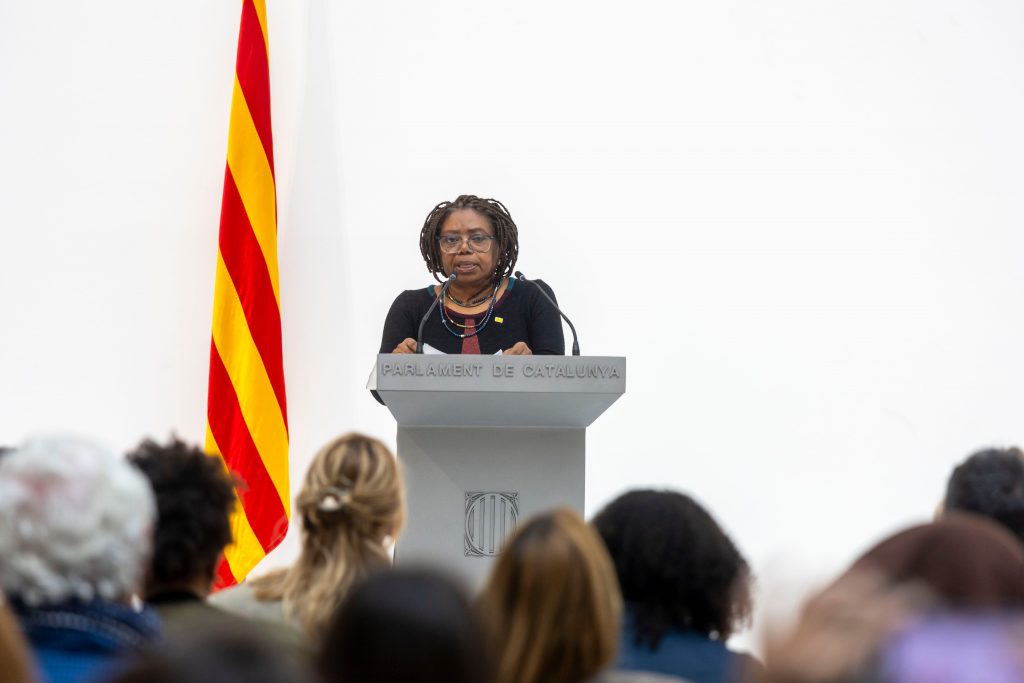

Decolonization and the Fight Against Racism
A key theme of the III Peace Conference was the legacy of colonialism in Africa and the international community’s responsibility for the continent’s ongoing conflicts.
In the opening session, Florence N. Mpaayei, a member of the United Nations Ad Hoc Team of Senior Advisers on Mediation, Gender, and Inclusion, emphasized that achieving lasting peace in Africa requires collaboration between both internal and external actors. She highlighted how “the dynamics of conflict and peace in Africa are intertwined with historical colonialism and the many complex facets of imperialism in post-colonial Africa.” However, Mpaayei also underscored the resilience and agency of African societies, citing innovative peacebuilding, mediation, and reconciliation initiatives in South Africa, Rwanda, Kenya, and Nigeria. She particularly emphasized the crucial role of civil society—especially women and young people—in driving transformation.
The first roundtable of the day centred on the exploitation of Africa’s natural resources and the continent’s structural dependence on international actors, highlighting the urgent need for equitable and self-sustaining development. The panel featured Sani Ladan, a geopolitical analyst specializing in international relations and migration; Bombo Ndir, a human rights activist; and Jean-Bosco Botsho, president of the African and Catalan Cooperation Association (AFRICAT).
Sani Ladan stressed the urgent need to “decolonize international relations” and sharply criticized current cooperation policies, arguing that “Africa is an actor with its own voice, but it is not being heard. International development cooperation has become an instrument of blackmail that fosters dependency.” He emphasized the necessity of “establishing equal partnerships with Africa” and truly listening to African voices.
Echoing this call for inclusivity, activist Bombo Ndir underscored that “building peace requires the representation of all voices,” emphasising the importance of ensuring that women have a seat at decision-making tables.
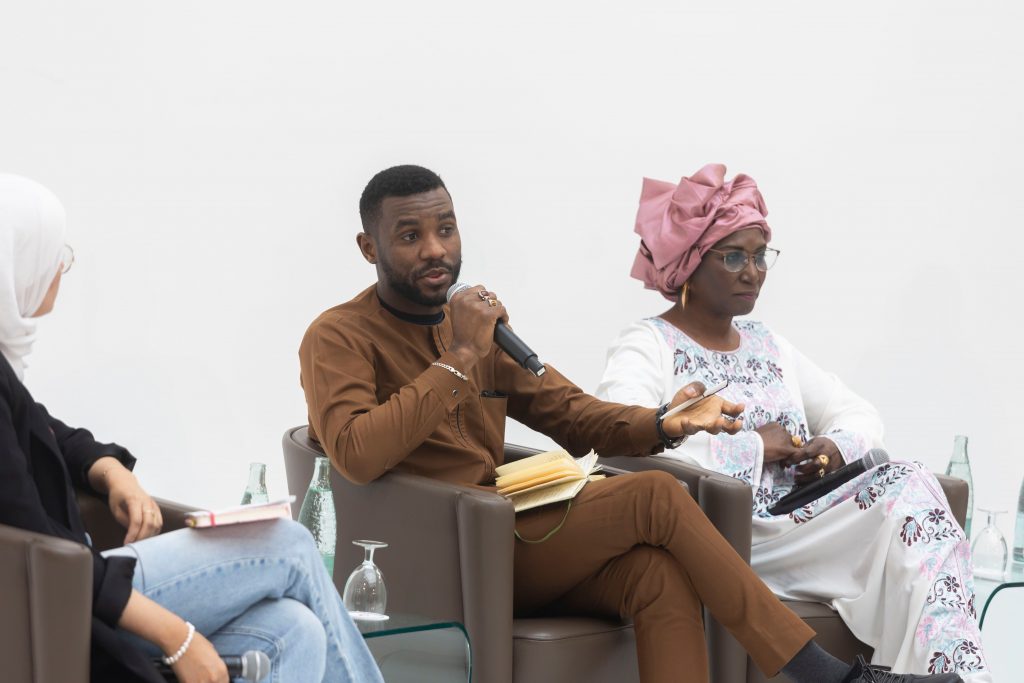
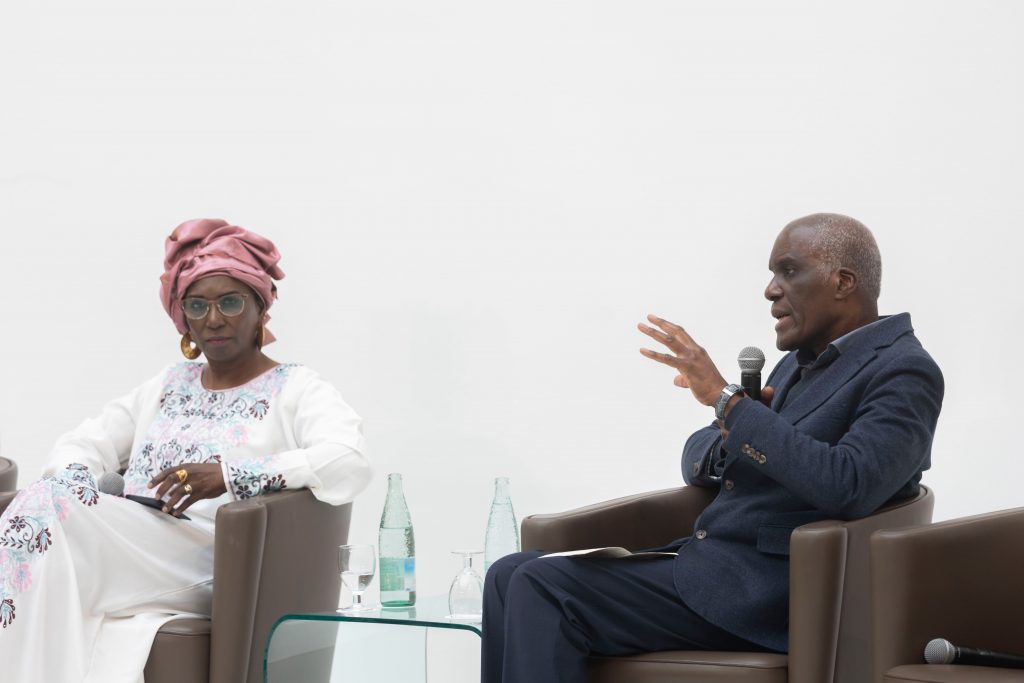
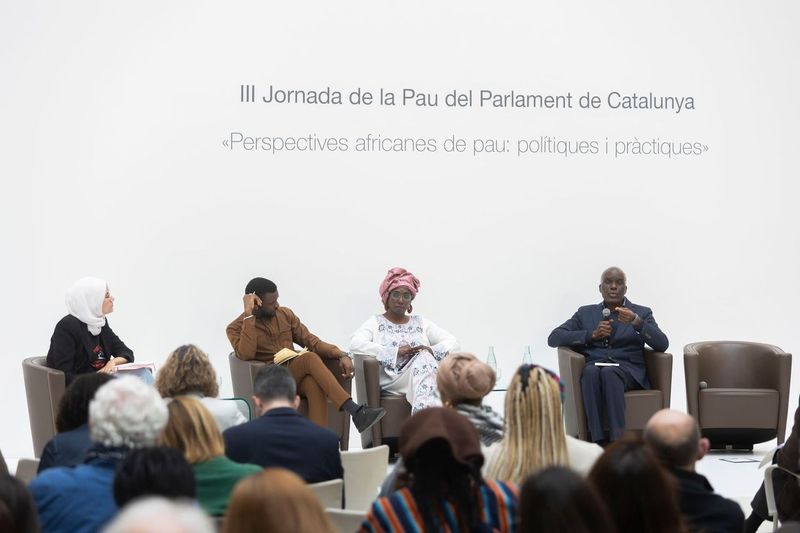
Both Ladan and Ndir warned about the pervasive nature of systemic racism, both social and institutional, as well as the rise of hate speech. “Racism fractures coexistence and undermines peace,” Ndir stated.
Throughout the conference, several speakers paid tribute to Bakari Diba, a young homeless Senegalese man who died in Barcelona’s Ciutadella Park, just steps from the Parliament. His case, denounced by the Black African and Afro-descendant Community in Catalonia, was cited as a stark example of the institutional violence faced by migrants.
Jean-Bosco Botsho, president of the AFRICAT association, stressed the urgent need to prioritize conflict prevention, emphasizing that sustainable peace requires addressing the root causes of injustice and inequality.
Parliamentary Group Interventions
The second panel focused on Catalonia-Africa relations and featured representatives from five political groups: Neus Comes (PSC), Ennatu Domingo (Junts), Adrià Guevara (ERC Secretary of International Relations), Viviane Ogou (Comuns), and Pat Sillah (CUP).
All speakers emphasized the importance of integrating African voices into the future Pla País de Pau, advocating for a relationship between Catalonia and Africa based on equality and mutual respect. They also stressed the need for local actors to play a central role in shaping policies and fostering meaningful cooperation.
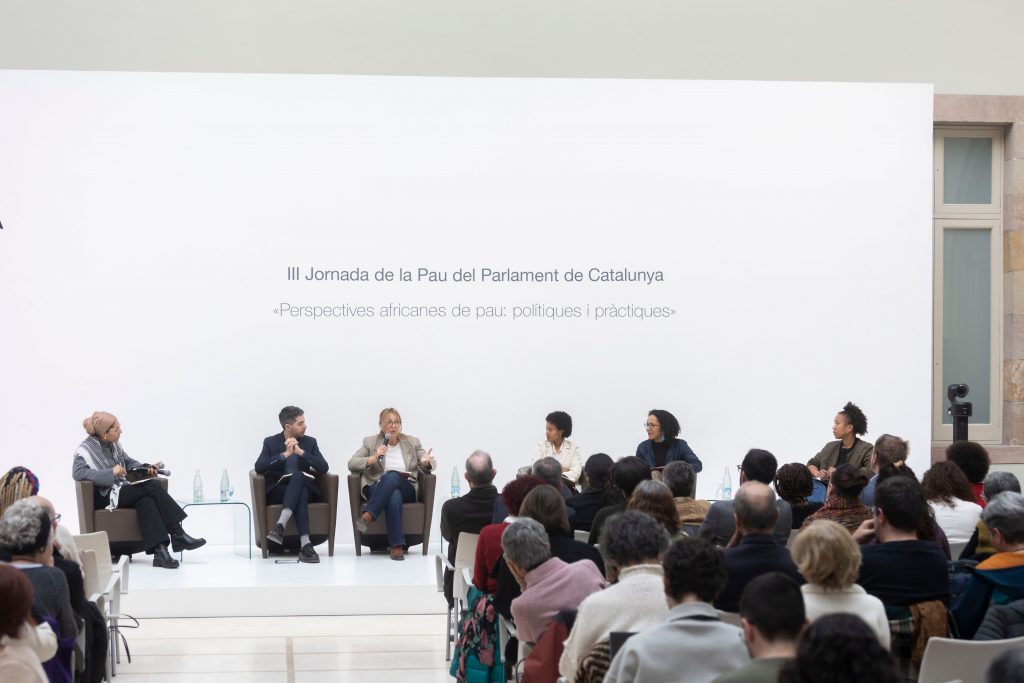
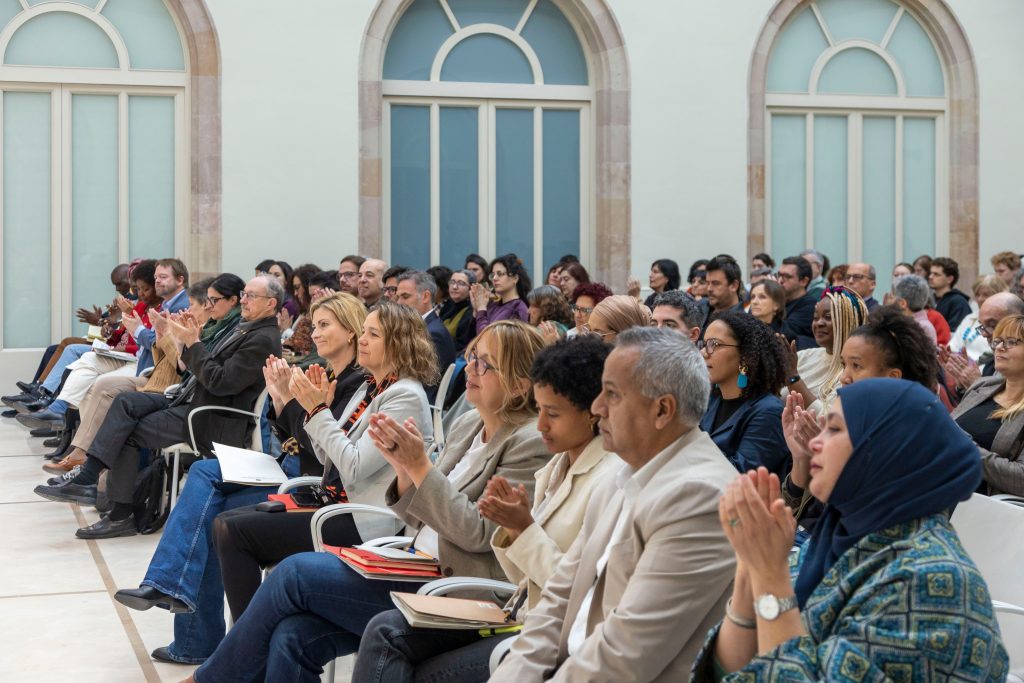
The President of the Parliament, Josep Rull, concluded the III Peace Conference by reaffirming Catalonia’s longstanding commitment to peace and its role as a welcoming society. In a global context increasingly shaped by hate speech and misinformation, Rull emphasized that “defending peace is an act of collective strength that gives meaning to humanity.”
Photographs: Parliament of Catalonia

